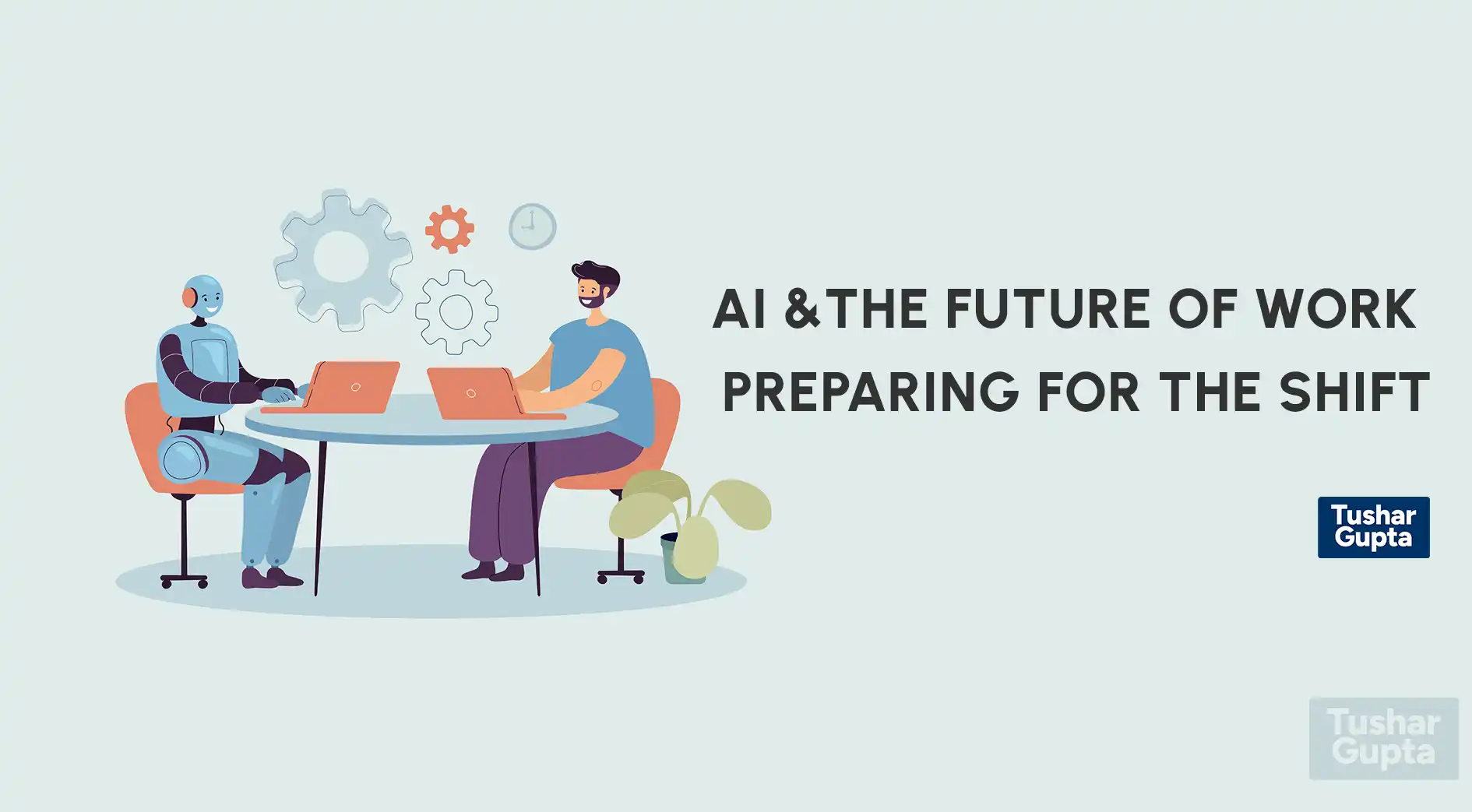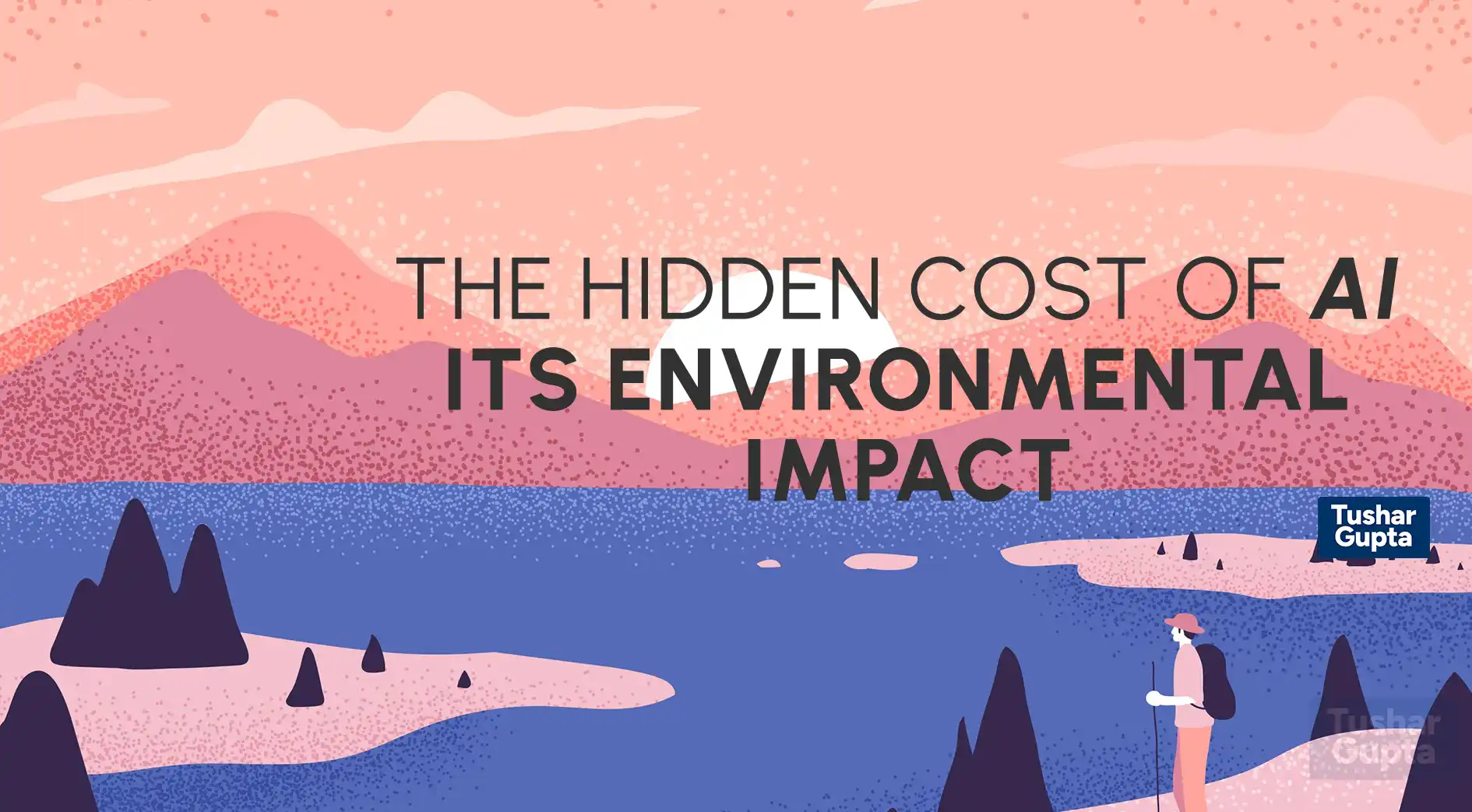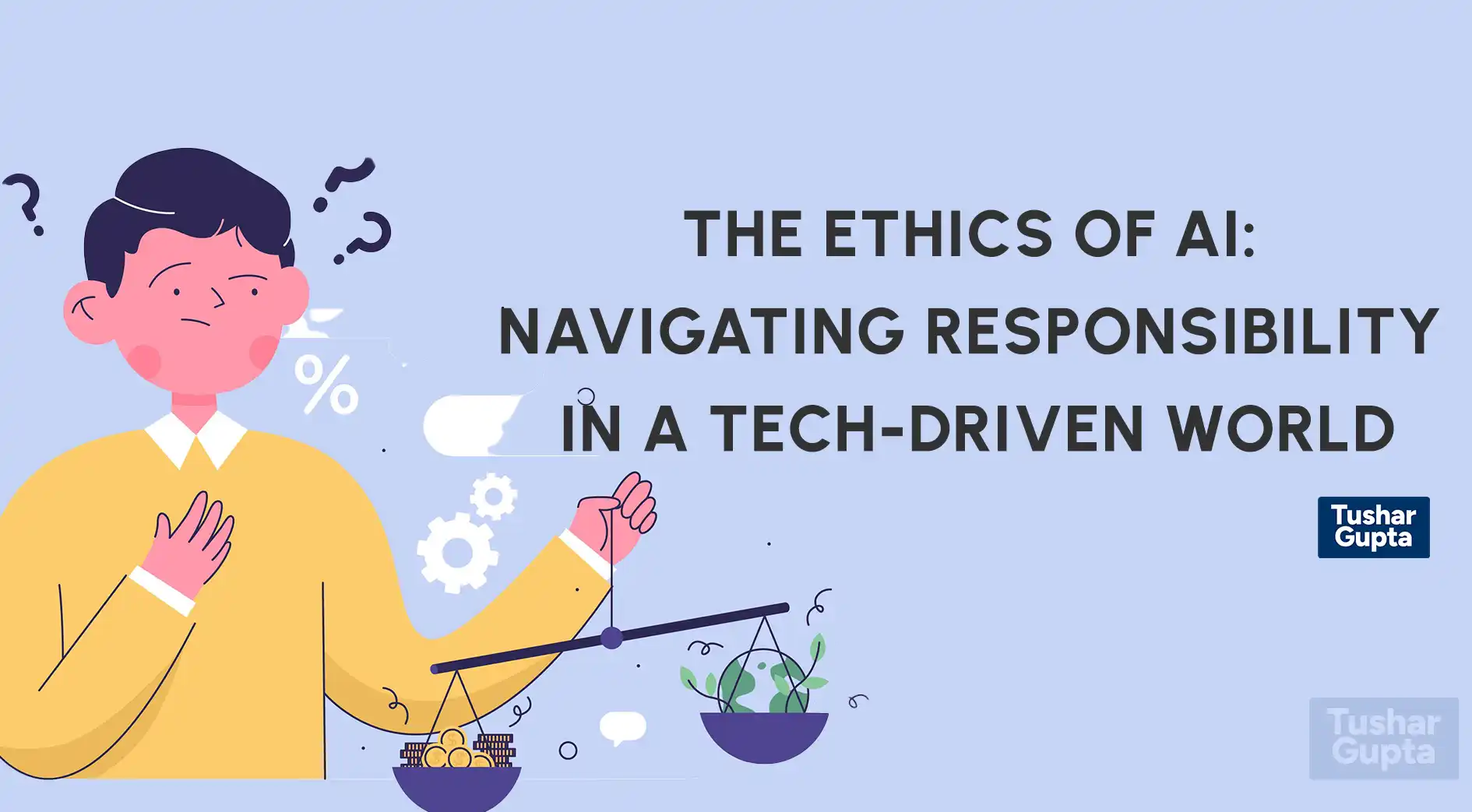The rise of Artificial Intelligence (AI) is reshaping the workforce, bringing both opportunities and challenges. From automating repetitive tasks to creating entirely new job roles, AI is redefining what work looks like in the 21st century. But what does this mean for you and your career? In this blog, we’ll delve into how AI is impacting the job market, the skills that will be in demand, and how you can prepare for this transformative shift.
How AI is Changing the Job Landscape
Automation of Routine Tasks: AI excels at performing repetitive tasks, such as data entry, inventory management, and customer service. For example, chatbots like those used by Zendesk and Intercom handle millions of customer queries every day, freeing up human agents for more complex issues. Similarly, Robotic Process Automation (RPA) is being adopted by industries to handle high-volume, rule-based operations, enhancing efficiency and reducing human error.
Creation of New Roles: The rise of AI is giving birth to roles like AI trainers, data annotators, and ethical AI officers. These jobs require a mix of technical and soft skills. According to a World Economic Forum report, AI will create 97 million new jobs by 2025 while displacing 85 million traditional roles. Roles such as AI explainability specialists and machine learning operations (MLOps) engineers are also gaining traction as businesses seek to implement and manage AI systems responsibly.
Shift in Job Demand: While some roles may become obsolete, others will see increased demand. For instance, healthcare professionals may use AI tools for diagnosis, but their empathy and decision-making skills remain irreplaceable. A report from McKinsey highlights the growing demand for AI-skilled workers in industries like healthcare, finance, and manufacturing . Additionally, creative fields such as content creation and design are seeing a hybrid approach where AI tools assist but do not replace human ingenuity.
Globalization of Talent: AI and remote work technologies are enabling companies to source talent from across the globe. Platforms like Turing and Upwork are increasingly using AI algorithms to match companies with skilled professionals, further breaking geographical barriers in the job market.
Skills for the AI Era
To thrive in an AI-driven job market, individuals must focus on developing a combination of technical and soft skills:
Technical Skills: Basic programming, data analytics, and AI literacy are becoming essential. For example, proficiency in Python, TensorFlow, or SQL can give candidates a competitive edge.
Adaptability: The ability to learn and adapt to new technologies is crucial as AI tools evolve rapidly.
Critical Thinking: Understanding the implications of AI decisions requires sharp analytical skills to evaluate both risks and opportunities.
Soft Skills: Creativity, communication, and emotional intelligence are more important than ever. For instance, creative professionals can leverage AI tools like Adobe’s Sensei to enhance their work while bringing human insight to the table.
How to Prepare for the Future
Upskill Continuously: Take courses on AI and machine learning to stay competitive. Platforms like Coursera, edX, and Udemy offer AI-focused programs for various skill levels. For instance, the Andrew Ng Machine Learning Specialization on Coursera provides a comprehensive introduction to the field.
Stay Informed: Keep up with AI advancements and industry trends by following reputable sources like MIT Technology Review, AI Ethics Journal, and The Verge. Subscribing to newsletters or attending webinars can also help stay updated.
Embrace Lifelong Learning: Continuous education is key to thriving in a rapidly evolving job market. Certifications in niche areas like AI ethics or natural language processing can set you apart from the competition.
Build a Strong Network: Join AI-focused communities and attend industry conferences such as the AI Summit or NeurIPS. Engaging with peers and thought leaders can provide insights and opportunities.
Experiment with AI Tools: Familiarize yourself with AI-powered platforms like ChatGPT for writing assistance or Tableau for data visualization. Practical experience with these tools can demonstrate your readiness to adapt to AI integration.
What Employers Can Do
Organizations have a significant role in ensuring a smooth transition to an AI-driven workforce:
Reskilling Programs: Invest in training employees for AI-integrated roles. Companies like AT&T have launched extensive reskilling initiatives to prepare their workforce for the future.
Ethical Use of AI: Ensure AI applications benefit both the organization and its workforce by adhering to ethical standards and best practices.
Transparent Communication: Keep employees informed about AI adoption and its implications. Open dialogue can alleviate fears and build trust.
Collaboration with Academia: Partner with universities and research institutions to develop tailored training programs and internships that prepare students for real-world AI applications.
Challenges to Overcome
Despite its potential, the AI revolution comes with challenges:
Job Displacement: While AI creates jobs, it also eliminates roles, leading to economic and social disruptions.
Digital Divide: Access to AI tools and education is not evenly distributed, risking further inequality.
Ethical Concerns: Employers must address the ethical implications of AI adoption to maintain trust and compliance.
Closing Thoughts
AI is not just a disruptor; it’s an enabler. By understanding its impact on the workforce and preparing for the changes it brings, we can navigate this transition successfully. Whether you’re an employee, a job seeker, or an employer, embracing AI’s potential while addressing its challenges will be key to future success.
AI is not just a disruptor; it’s an enabler. By understanding its impact on the workforce and preparing for the changes it brings, we can navigate this transition successfully.



